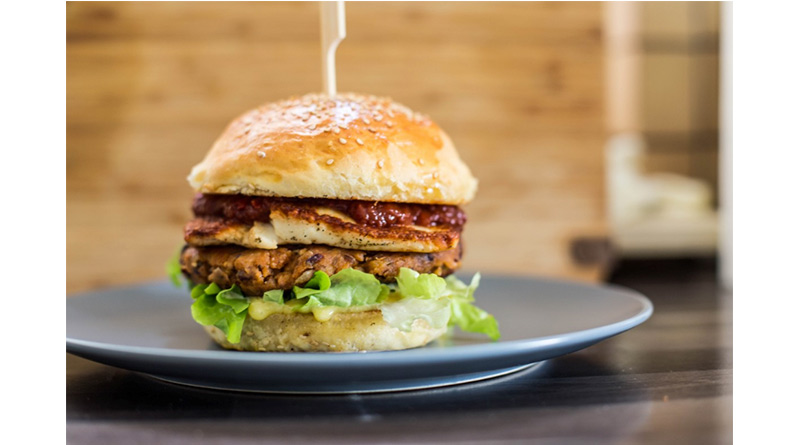National Food Strategy Proposes Sugar And Salt Tax To “Level Playing Field”

The government is being urged to introduce a £3bn sugar and salt tax as part of a “once-in-a-lifetime opportunity” to break Britain’s dependence on junk food, cut meat consumption by nearly a third and help tackle climate change.
A report, led by restaurateur Henry Dimbleby, says taxes raised could extend free school meal provision and support better diets among the poorest.
The government-commissioned National Food Strategy says the UK population’s “malfunctioning” appetites and poor diets, driven by consumer and manufacturer’s reliance on processed food, place an unsustainable burden on the NHS and contribute to 64,000 deaths each year.
Its most far reaching recommendation is a tax of £3 a kilo on sugar and £6 a kilo on salt sold wholesale for use in processed food, restaurants and catering, which it says would be a world first. This would raise up to £3.4bn a year, some of which should fund an expansion of free schools meals to an extra 1.1 million children and an overhaul of Britain’s food and cooking culture.
England’s National Food Strategy also wants GPs to try prescribing fruit and vegetables to encourage healthy eating.
The food industry warned new taxes could increase food prices.
National Food Strategy, the FDF’s Chief Scientific Officer, Kate Halliwell, said: “This report will help inform the wider conversation around the future of the UK’s food and drink industry. Food and drink manufacturers welcome the intent to bring forward measures which will help to increase access and affordability of food and drink for children and families on lower incomes.
“In contrast to this, a salt and sugar tax will ultimately impact those families who are already struggling to make ends meet, by making food and drink more expensive. After many years of cost pressures, businesses in our sector are already operating on very tight margins, and any further costs would simply have to be passed on to the consumer in the form of higher food prices.
“These taxes will not drive reformulation. Food and drink manufacturers have been voluntarily lowering fat, salt and sugars in recipes for decades as well as reducing portion size, but it takes time to change much-loved products. Furthermore, the Government’s proposed advertising ban and promotions restrictions would limit the ways in which companies can let families know about exciting new options.
“It is hard to view the proposals that the taxes raised will pay for additional health plans, with anything but scepticism. The same promise was made ahead of the introduction of the soft drinks industry levy, but was quietly dropped shortly afterwards.
“We look forward to contributing our own ideas to Defra, including via the Food and Drink Sector Council report due in September. We also look forward to seeing the Government’s White Paper in six months’ time which will have considered a wide range of inputs.”
Kate Nicholls, CEO of UKHospitality said: “The National Food Strategy represents an opportunity to identify and tackle the challenges facing hospitality, as well as wider society and the world. As a battered and debt-ridden hospitality sector navigates its way out of the pandemic crisis, the recommendations for equipping our future workforce are very positive elements of Mr Dimbleby’s findings, not least a return to an emphasis on food skills being taught in schools, funding thereof, and strengthening the links and motives for taking food-related study to a tertiary level of education. Building and training our workforce is a top priority if our sector is to quickly revive and drive a national recovery and it is reassuring that this report afforded it due recognition.
“The report’s measures to improve healthy eating are essentially a continuation of the successful efforts of hospitality venues over recent years, to provide healthier options and help to improve lifestyle choices, and we look forward to working on future initiatives to achieve yet more. We are hopeful, though, that any such initiatives are taken at a pace that recognises the dire state of the sector as it looks to recover from the Covid crisis, but with appropriate consultation, so that we can best achieve lasting improvements collaboratively and without damaging recovery.”
